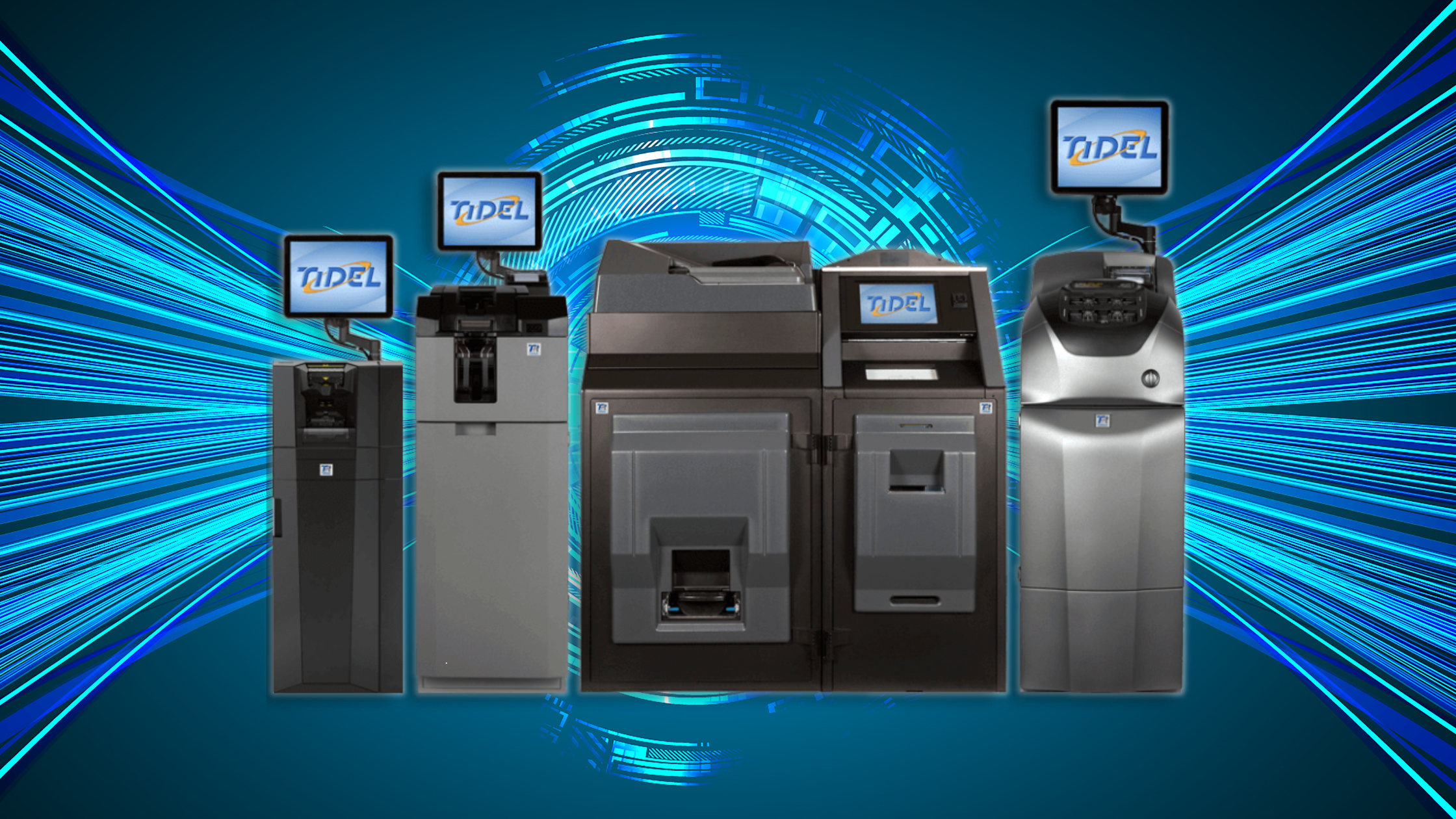
The need for secure and efficient cash management is essential for a wide range of industries, from retail businesses to banks and gas stations. One innovative solution that is gaining traction is the use of smart safes.
These advanced cash management systems offer numerous benefits that enhance operational efficiency, security, and accountability. In this article, we explore what smart safes are and how they can benefit businesses.
What are Smart Safes?
Smart safes are modern cash management devices equipped with sophisticated technology to streamline the process of handling and securing cash.
Unlike traditional safes, smart safes incorporate features such as automated cash counting, real-time reporting, and connectivity for remote monitoring and management. They are designed to optimize cash handling procedures, minimize errors, and enhance security measures.
Take a closer look at the components of a smart safe and how this technology offers unparalleled benefits compared to other options available in the market.
What Makes a Smart Safe Smart?
A smart safe is characterized by advanced components, including:
1. User Interface (UI). This allows for precise handling of common cash-related tasks. Depending on the product model, remote tracking enables you to:
- Generate user statistics
- Visualize cash flow patterns
- Access recorded event logs
- Schedule cash pickups
2. Bill validator. This serves as the backbone of the smart safe system and performs critical functions such as:
- Validating the authenticity of inserted bills and swiftly accepting cash
- Securely storing validated bills in cassettes
3. Controller. The controller consists of the electronics that link the user interface and the bill validator. It plays a critical role in:
- Data protection
- Ensuring the integrity of processed cash
- Managing usernames and passwords
The Purpose of Smart Safes
Smart safes use advanced technology alongside traditional safe features to perform important tasks such as:
- Cash Validation: Smart safes use advanced sensors to authenticate and validate banknotes, ensuring accurate counting and detecting counterfeit currency.
- Real-time Reporting: These safes are connected to a network, allowing businesses to receive real-time updates on deposits, balances, and transactions.
- Remote Management: Managers can monitor multiple smart safes from a centralized dashboard, enabling efficient oversight of cash flow across different locations.
- Secure Deposits: Smart safes offer secure deposit mechanisms, reducing the risk of theft or internal fraud by limiting access to authorized personnel only.
9 Key Benefits of Smart Safes for Businesses
Retail businesses can benefit from significant strategic advantages by using smart safes.
-
Security. Smart safes provide a higher level of security compared to traditional cash management methods. By automating cash handling and reducing human intervention, they minimize the risk of internal theft and errors. Secure deposit mechanisms ensure that cash is stored safely until it is collected for deposit or change. For more on safeguarding financial institutions, explore Protecting Financial Institutions: 10 Cybersecurity Strategies Every Bank Needs.
-
Protection Against Theft. Smart safes are designed to reduce the risk of robberies by incorporating a number of security features. These safes feature strong, pry-resistant doors that are difficult to force open, along with anti-lock drilling mechanisms to deter tampering. By restricting employee access, smart safes further discourage potential burglars. They are equipped with high-security locks and keys, including additional locking bolts for reinforcement. Smart safes often include a tamper alarm that is connected to the store's security system, alerting authorities in case of any unauthorized attempts to access the safe.
-
Counterfeit Detection. Smart safes come equipped with advanced bill verification systems that are trusted by banks and armored cars for their accuracy. These systems provide much stronger protection against counterfeit money compared to simple methods like UV lights or counterfeit pens. They can be used near point-of-sale areas to quickly validate banknotes right after they are received, ensuring that businesses can detect any fake money immediately.
-
Improved Operational Efficiency. Businesses can save time and resources with smart safes. Automated cash counting eliminates manual errors and speeds up the reconciliation process. Real-time reporting enables better cash flow management and forecasting, facilitating quicker decision-making.
-
Reduced Cash Shrinkage. For retail businesses, especially those with multiple locations like convenience stores and gas stations, smart safes reduce cash shrinkage by providing immediate credit for deposits. This eliminates the need for frequent cash pickups and reduces the amount of cash on hand at each location.
-
Reduced Internal Cash Loss. Implementing a smart safe can lead to a reduction in internal cash losses caused by employee errors.
-
Increased Accountability and Transparency with Real-Time Visibility. Smart safes offer detailed audit trails and reporting features. Managers can easily track deposits, access logs, and discrepancies, aiding transparency and compliance with internal controls.
-
Improved Customer Service. Smart safes automate various tasks, freeing up your staff to dedicate more time to serving customers.
-
More Time. Employees can now focus on tasks other than manual cash reconciliation and frequent bank trips.
Industries Benefiting from Smart Safes
Smart safes are transforming cash management across numerous sectors including:
Retail Businesses
Retailers benefit significantly from smart safes by improving cash management efficiency, reducing shrinkage, and enhancing security. Large retail chains with multiple locations can centralize cash processing and gain real-time visibility into their cash position.
Banking Institutions
Banks use smart safes for back-office operations to automate cash handling and streamline deposit processing. Smart safes also enhance security at bank branches by reducing exposure to cash and improving auditability. To learn more about how banks contribute to a business’s smart safe program, read our post on The Role Banks Play in a Business's Smart Safe Program.
Gas Stations and Convenience Stores
Gas stations and convenience stores handle significant amounts of cash daily. Smart safes help these businesses mitigate the risk associated with cash handling, improve accuracy in reconciliations, and optimize cash flow management.
Smart safes represent a transformative solution for businesses and financial institutions seeking to optimize their cash management processes. From enhancing security and operational efficiency to promoting transparency and accountability, the benefits of smart safes are substantial across various industries. As technology continues to evolve, smart safes are expected to play a pivotal role in shaping the future of cash management practices.

